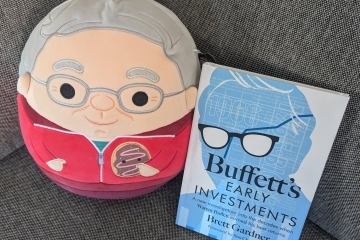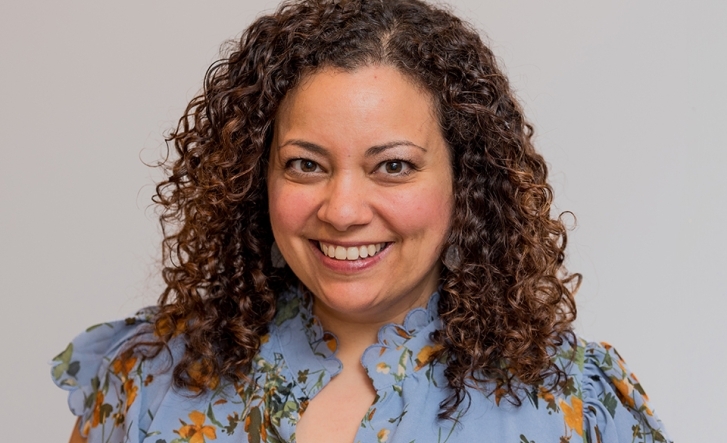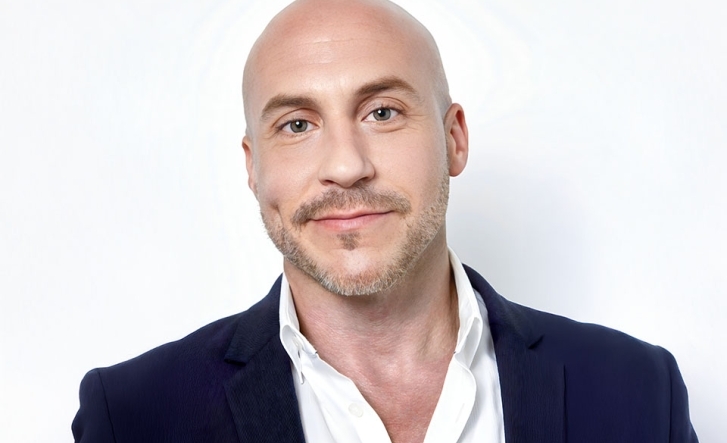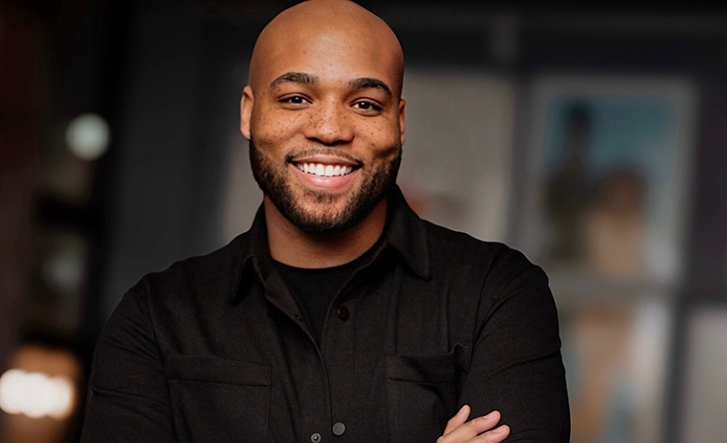Alumnus’s Book Examines Investments that Launched Warren Buffett
A reluctant writer, Brett Gardner ’12TCB found Warren Buffett the ideal candidate for his first book.
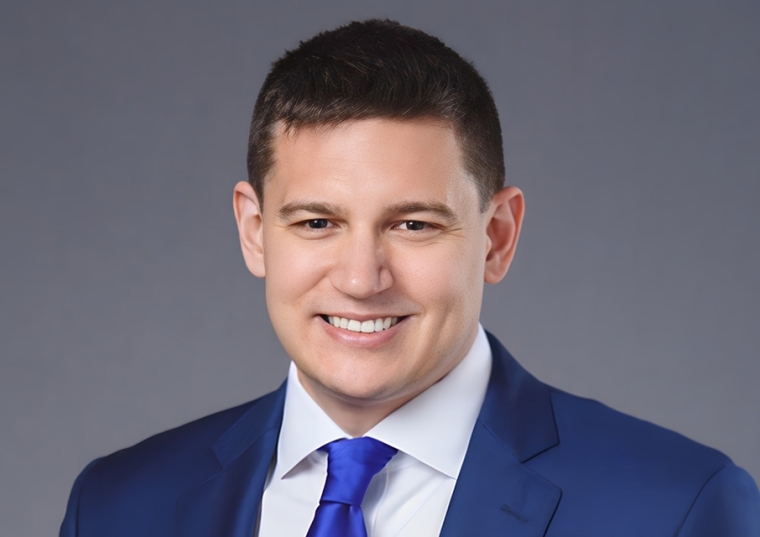
“I got into investing when I was 16, and I learned about Warren Buffett more or less immediately,” Mr. Gardner said. “I thought a number of his earlier investments were under-studied, and people didn’t quite comprehend the amount of work and research he did to accumulate his initial fortune.”
A study of the world’s most celebrated investor blended Mr. Gardner’s lifelong passion for financial analysis with the research skills he honed in New York City’s capital marketplace. Buffett’s Early Investments: A New Investigation Into the Decades When Warren Buffett Earned His Best Returns is a detail-rich study of 10 investments from the 1950s and 1960s that established Mr. Buffett’s reputation and fortune.
“I got into investing when I was 16, and I learned about Warren Buffett more or less immediately,” Mr. Gardner said. “I thought a number of his earlier investments were under-studied, and people didn’t quite comprehend the amount of work and research he did to accumulate his initial fortune.”
An investment analyst by profession, Mr. Gardner, 33, currently works for Stamford, CT-based Discerene Group LP. He began studying Mr. Buffett’s investment strategies in 2015, and four years later, started an outline for the book. He did most of the writing during an industry sabbatical in 2023; the book was published in November 2024.
It was among the greatest challenges of Mr. Gardner’s career. The Palm Beach, FL, native who now lives in Manhattan, NY, admitted he did not believe he had the talent nor the patience to write a book. An Honors Economics student who was active in the University’s Student-Managed Investment Fund and Executive-in-Residence Program, he said St. John’s taught him to challenge himself.
“I am a very fact-based thinker,” Mr. Gardner said. “I like to list the facts and then tie them all together—but that is not always good storytelling.”
“I had not taken a writing class in about 15 years, so I hired two writing coaches,” Mr. Gardner continued. “Working with them improved my writing significantly.”
Mr. Gardner focuses on Mr. Buffett’s early years, isolating the trades that helped to establish Mr. Buffett’s visionary reputation. In writing the book, Mr. Gardner wanted to “demystify” Mr. Buffett and show how his fortune was made not by blind luck or divinely inspired intuition, but through meticulous research into undervalued companies.
The Nebraska-born Mr. Buffett, famously known as the “Oracle of Omaha,” is today 94 and has an estimated net worth of nearly $150 billion.
“Some people believe he just came down from the heavens with this great investing ability,” Mr. Gardner explained. “But he did painstaking, almost bizarre research, where he counted railroad cars or drove around to learn about odd businesses. Everybody in the industry at the time did a little bit of this, but I was struck at how frequently he did it.”
In 1954, Mr. Gardner writes that Mr. Buffett noticed that coal company Philadelphia and Reading (P&R) was trading well below its tangible assets. Mr. Buffett took a large position in the company, which soon began diverting capital away from the troubled coal industry into new businesses, including one that would become the underwear giant Fruit of the Loom.
A decade later, Mr. Buffett made an initial investment in American Express, which he sensed was undervalued following a corporate scandal, not of the company’s making. The credit card boom of the 1970s and 1980s later made American Express a leading player in the market. By 1998, Mr. Buffett owned more than 50 million shares of the company.
Working with the late Charles Munger, Mr. Buffett built the holding company Berkshire Hathaway into a multinational conglomerate, which today owns 800 subsidiaries, including insurer Geico, battery maker Duracell, and restaurant chain Dairy Queen.
Mr. Gardner reached out to Mr. Buffett on several occasions during his years of research. He declined to collaborate, but sent a polite note of thanks to Mr. Gardner.
Back working as an investment analyst, Mr. Gardner does not anticipate writing another book. “People ask me about doing a second book, and I joke that I still do not know if I wanted to do a first one,” Mr. Gardner said. “The truth is, I never thought I would become an author until 2019 when I started writing, but I was drawn to this subject.”

